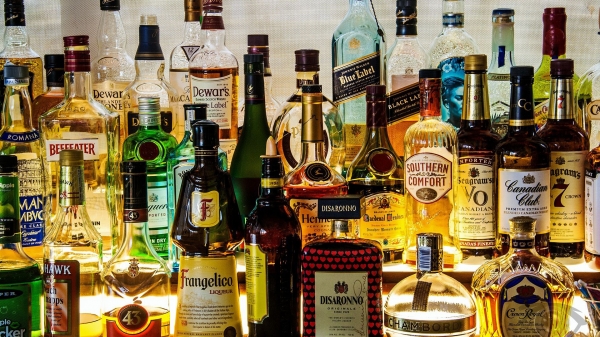
As economy developed and life standards improved for many, pleasure goods became prevalent. Tobacco, marijuana, alcohol, and even sugar are goods categorized as goods consumed as means of pleasure. However, many of such goods generate negative externalities as they cause poor health conditions and addiction. To prevent such outcomes and supply the state budget, a type of excise taxes called ‘sin tax’ was made and applied in several different countries.
Sin Tax has its origin from French ‘Gabelle Tax’ or also known as Salt Tax. Gabelle was an excise tax on a particular good- salt. Starting from this, sin tax has been used by many different countries on mainly alcohol and tobacco to curb the negative health effects and supply the state. According to the World Health Organization (WHO)’s research conducted in 2012, out of 186 investigated countries, only 20 had no application of excise tax on tobacco. This indicates the prevalence of sin tax on vices all over the world. Nowadays, as economy evolved and more variety of goods became reachable, the spectrum and conception of vice also have evolved and many countries have added plastic bags, sugar, and marijuana in their lists of ‘vices’ to tax.
Sin tax effectively seems to alter consumer behavior and life patterns in some ways. Research in United States prove that states with higher tax rates on cigarettes conclusively tends to have lower smoking rates than vice versa. Same goes for alcohol as state net consumption of different variations of alcohol (spirits, wine, beer, etc.) differ according to the different tax rate applied to each category. However, many imply that this does not indicate that sin tax successfully lead to the wanted outcome of increased health conditions.
This seemingly idealistic tax policy is criticized by many as regressive, meaning that it discriminates the low incomes, unfair and dangerous as it prompts crimes in the struggle to be exempted from the tax burdens such as robbery and trafficking. As tax is applied to certain goods manufacture (excise tax is the tax applied to the suppliers per unit of goods production; it increases the price of goods and as a result, the quantity demanded decreases, creating an ideal situation that the government wants to create.) ,price of taxed good naturally rises which becomes unfavorable for consumers with low income. Such method of taxation creates discrimination as only consumers with higher income can gain access to these goods. Also, since price of good is equal to all consumers, the taxation is regressive meaning that the tax burden for low income consumer is greater than that for the higher incomes. And lastly, as most of these taxed vices are notorious for its high addiction rates, consumers usually do not willingly give up on the purchase and this promotes additional crimes such as theft and trafficking. It is proven by a study analysis held by Micaela H. Coady in New York through the years of 2003 to 2010 that the increase of tax in 2008 led to the increase of cigarette trafficking in the black market.
Gabelle Tax, the mother of sin tax, is also known as the symbol of injustice and unfair distribution of wealth and power and one of the causes that led to the infamous French Revolution. Sin tax might include better purposes than the gabelle tax, but unless regulated properly can lead to a 2nd gabelle tax situation. Sin tax is already fundamental globally and will probably stay this way for a long time. The best we can do is better enforcements and regulations for sin tax to act as ideal as possible.


